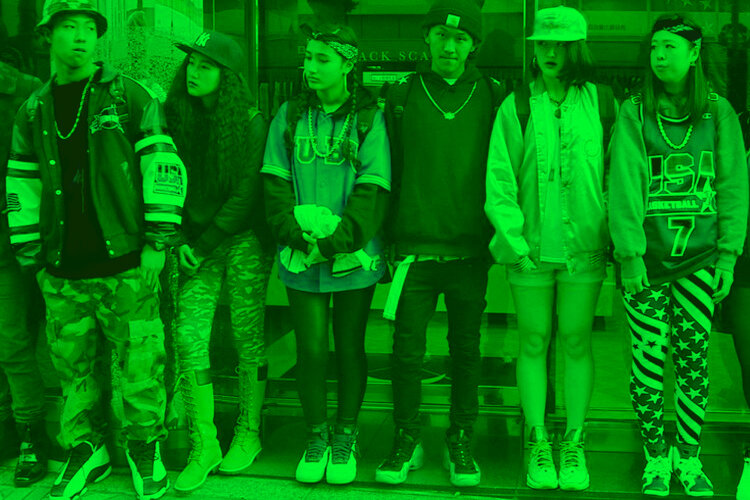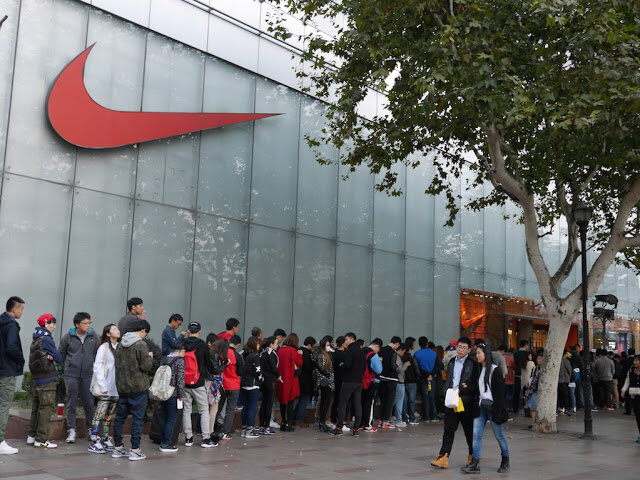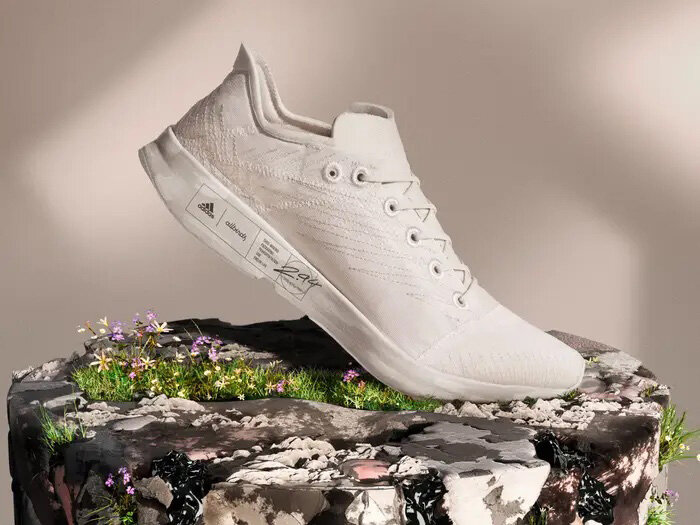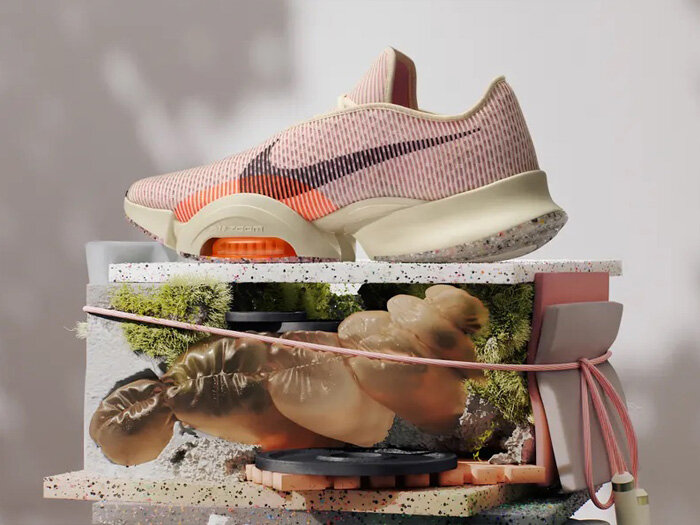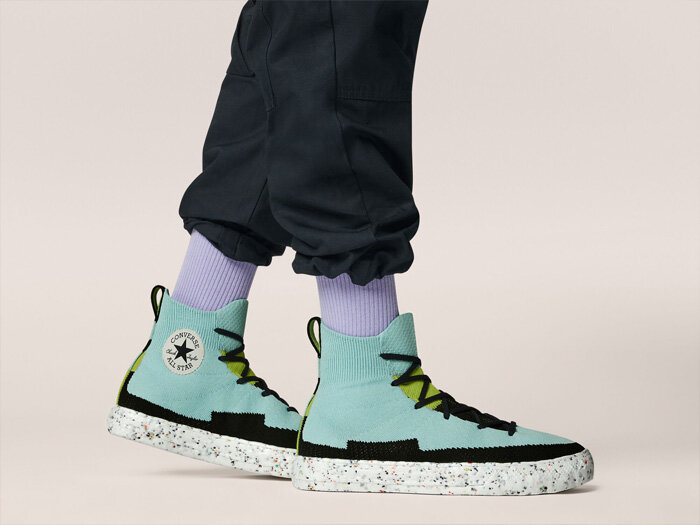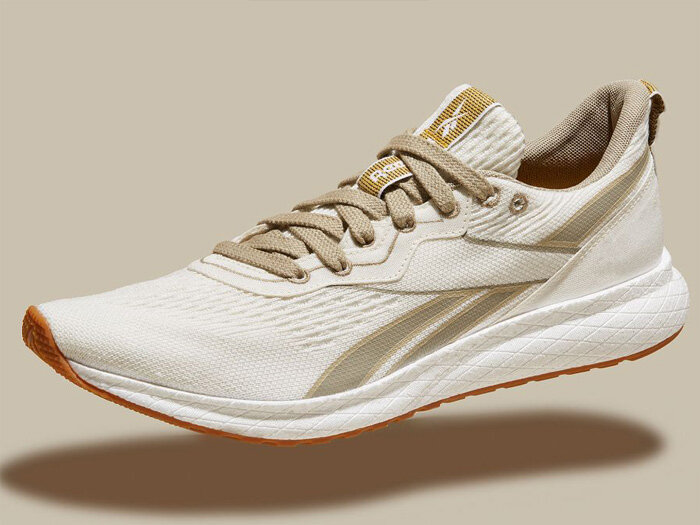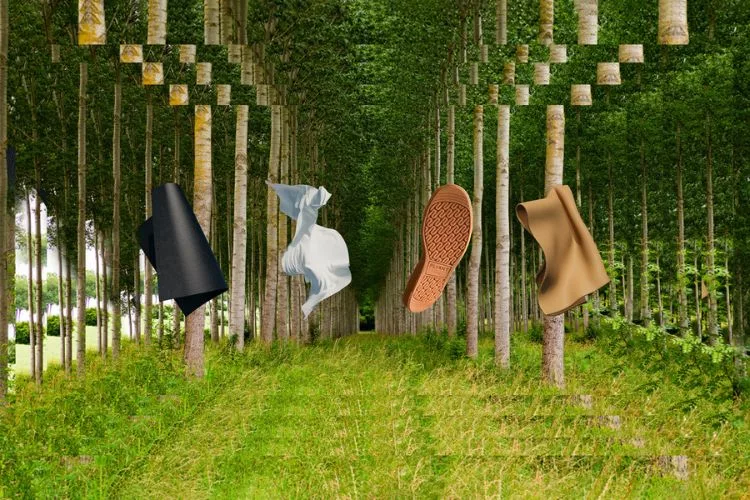image from documentary Sneakerheadz
Let’s be honest, when the word “sustainable” comes up, the last thing anyone may think of are “sneakers”. The sneaker industry is a $79 billion dollar industry with brands like Nike, Adidas and Puma as some of the main frontrunners. Regardless of financial status, almost every person in America has at least one pair of sneakers. So, it’s easy to say, they are a worthwhile investment that will never go out of style. And these dominant brands are well aware of the money consumers will drop in exchange for quality sneakers. So why does there seem to be a lack of initiative to create more environmentally friendly sneakers?
Sustainable challenges in the past
The unsustainable practices and material usage within the sneakers industry has been a problem since the beginning. Unrecyclable materials, high carbon footprints and fast fashion manufacturing have been in the forefront of the shoe industry since its start. To get into it, the first flag is the materials used. A shoe is composed of a multitude of parts, all of which come from different factories that need to be transported which contributes to the high carbon footprint rate. While a shoe consists of multiple parts, a dominant material used in almost every sole is plastic. While it’s pretty self-explanatory on why this is problematic, we’re going to mention it anyway.
Plastic doesn’t decompose. According to the US Department of Interior, Americans throw away around 300 million shoes a year. That’s a million tons of plastic that end up in a landfill yearly that will never be recycled or decomposed.
Sneakerheads are international: this is a line outside of Nike in Shanghai waiting for a limited edition drop.
It’s the big brands like Nike that have directly contributed to this unsustainable problem. In a sneaker analysis report on Sneaker Factory, “almost every part of a Nike shoe is made of plastic.” As someone who owns nearly 5 pairs of Nike shoes, it’s disturbing to think of my direct impact on negatively impacting the environment because I would rather buy from a dominant brand than invest in lesser known yet eco friendlier options.
In sneaker culture itself, sustainability has never exactly been the forefront of the conversation either. When you have limited edition “sneaker drops”, celebrity collaborations with the major brands and a continuing increase in streetwear culture, the main priority for brands and their consumers is the physical appearance, not what the material consists of or how the infrastructure is built.
In an interview with Highsnobiety, Alec Leach, creator of Future Dust explains how this mindset and continuous hype in sneaker culture can have harmful effects.
“The idea behind all of the celebrity co-signs and limited-edition drops, is they’re all there to manufacture demand. Shoes are essentially a functional thing, right? We all need them to walk, but when you turn them into a status symbol, it’s really easy to sell more and more of them.”
Combine bad infrastructure, harmful materials and lack of consumer awareness, and you see why the sneaker industry faces the problems it does with sustainability. Fortunately, all hope isn’t lost. In recent years there has been a slow shift in consumer behavior with buyers taking into consideration the materials used in their footwear. Eco friendly sneakers have been on the rise, and the big name brands are starting to give the consumers what they want.
Sustainable efforts of today
Consumers of today are aware of the importance of sustainable fashion more than ever. Before sustainability became a mainstream topic, brands may have had a performative page on their site mentioning their sustainable initiatives without any real transparency. Now, we are finally starting to see some action.
Adidas and Allbirds FUTURECRAFT.FOOTPRINT
Of the big names, Adidas has been the most open and one of the fastest in investing for more sustainable footwear. In 2015, Adidas announced their partnership with Parley, an environmental organization focused on defending and protecting the oceans. The collaboration first created a sneaker using yarn that was made out of recycled ocean plastic. Since then they have sold millions of AdidasxParley shoes and merchandise, all still created using the Parley ocean plastic to help keep plastic out of the sea.
Adidas efforts didn’t stop there. Recently they launched a collaboration campaign with Allbirds called FUTURECRAFT.FOOTPRINT. With less than 3kg carbon footprint, the goal of the sneakers is to create a running shoe with minimum, preferably zero, carbon footprint. Their low carbon footprint comes very close and it only goes to show what the industry is capable of when there is clear effort. Adidas also launched a new concept shoe, Stan Smith Mylo, which introduces a mushroom based material. This concept is the beginning of Adidas goal to create something made from natural materials and completely rids the use of fossil fuel based resources. With its past and current sustainable efforts, Adidas is proof that the sneaker industry has the potential to be just as sustainable as other sections of the fashion industry.
Nike is also coming through with sustainable efforts. They have always been a dominant force when it comes to innovation but recently they have combined that with sustainable materials which we already start to see some of its positive impact. This year they launched the Nike Air Zoom SuperRep 2 Next Nature shoe which has at least 20% recycled materials by weight with the same amount of durability and performance. They also launched the Cosmic Unity shoe, a basketball sneaker created with at least 25% recycled materials by weight with hopes of increasing that percentage in the future. The goal is to create zero waste without compromising the performance or durability of any of Nike’s footwear.
Converse Renew Sneaker
Though there are still ways to go, the sneaker industry is finally starting to go green like it should have been doing all long. Converse has dropped a collection consisting of all their shoes created with reengineered knits and scraps from the manufacturing process. Reebok launched its Forever Floatride GROW sneaker, its first ever plant based shoe with materials such as eucalyptus, algae, natural rubber and castor beans. There’s also the variety of other smaller brands that do their part in creating footwear that also better help the environment.
Reebok Forever Floatride GROW sneaker
As consumers we need to be aware of what we’re buying, who we’re buying it from and what impact it can have on the planet. It takes effort from all of us, from designers to manufacturers to consumers, if we want to live on a healthier planet in the future. A future that now seems attainable if brands continue the initiatives they have started.

